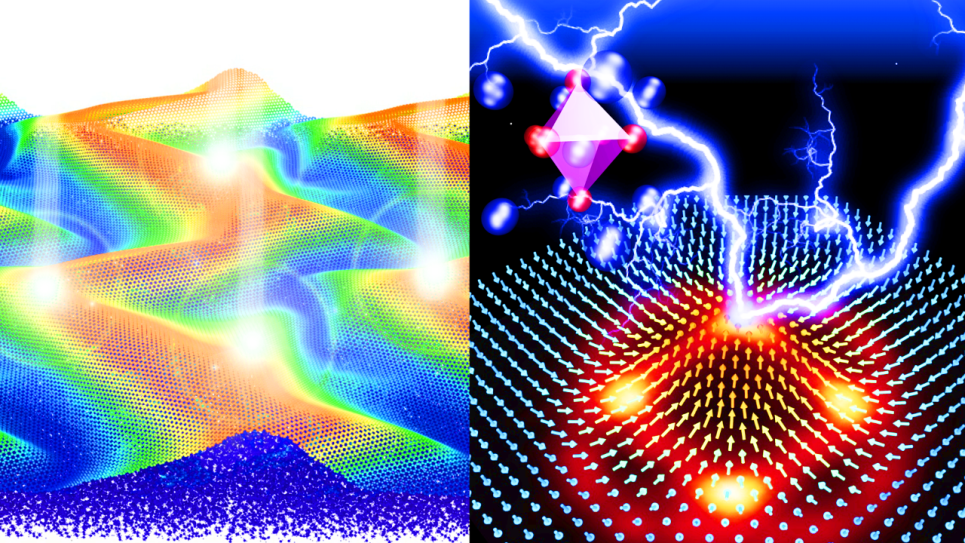This project will use newly implemented multi-reference quantum Monte Carlo (QMC) methods to provide reference data for parallelized many-body perturbation theory calculations of several molecular sets and explore approaches to improve their accuracy.
Accurate calculations of excitation energies in molecular systems are paramount for a wide spectrum of important energy-related applications, such as catalysis, photo-absorption, and synthesis as well as for areas such as quantum materials, in particular those with strong correlations for which many standard methods do not work well. The most accurate quantum-chemical computational methods suffer from poor scaling and rapidly become unusable as the size of molecules grow. Many-body perturbation theory (MBPT) yields neutral and charged excitations of molecules and materials by solving the Dyson and Bethe Salpeter equations in a perturbative manner, starting from the output of a Density Functional Theory (DFT) calculation. While MBPT methods scale better than quantum chemical methods, they have traditionally been rather expensive, and the accuracy of the results are sometimes difficult to assess and also tend to depend on the starting point of the calculations. Quantum Monte Carlo methods, on the other hand, are in principle exact but in practice suffer from the fixed-node approximation, and until recently, systematic attempts to improve on this approximation have been difficult to implement.
In this project, the team will use newly implemented multi-reference (MR) quantum Monte Carlo (QMC) methods to provide reference data for parallelized MBPT calculations of several molecular sets and explore approaches to improve their accuracy. The QMC MR method for molecular systems is based on selected Configuration Interaction. This method, known as Configuration Interaction using a Perturbative Selection made Iteratively (CIPSI), is used to systematically construct a multi-determinantal trial wavefunction that can be used in QMC, and was able to efficiently and accurately describe strongly correlated ground states and any exited state for a large class of molecules. The team will first determine the optimal conditions for MBPT using previous implementations, and explore avenues to systematic improvements on GW and BSE, as well as to DFT methods. This work will utilize the DOE-supported codes Qbox/West and QMCPACK.
